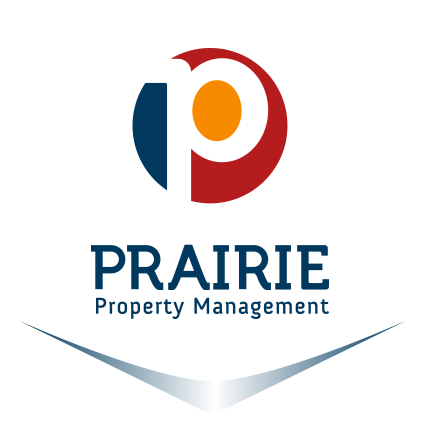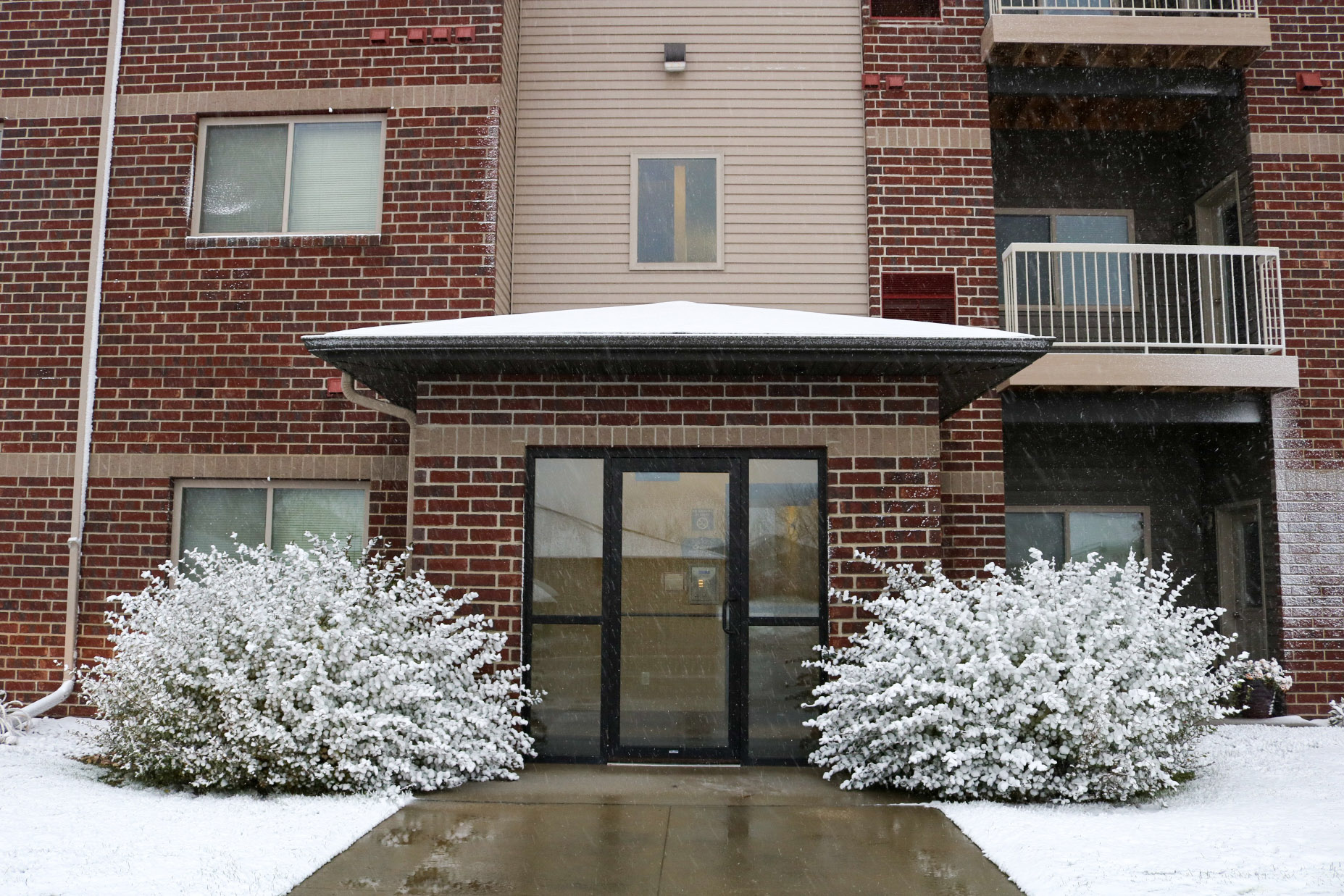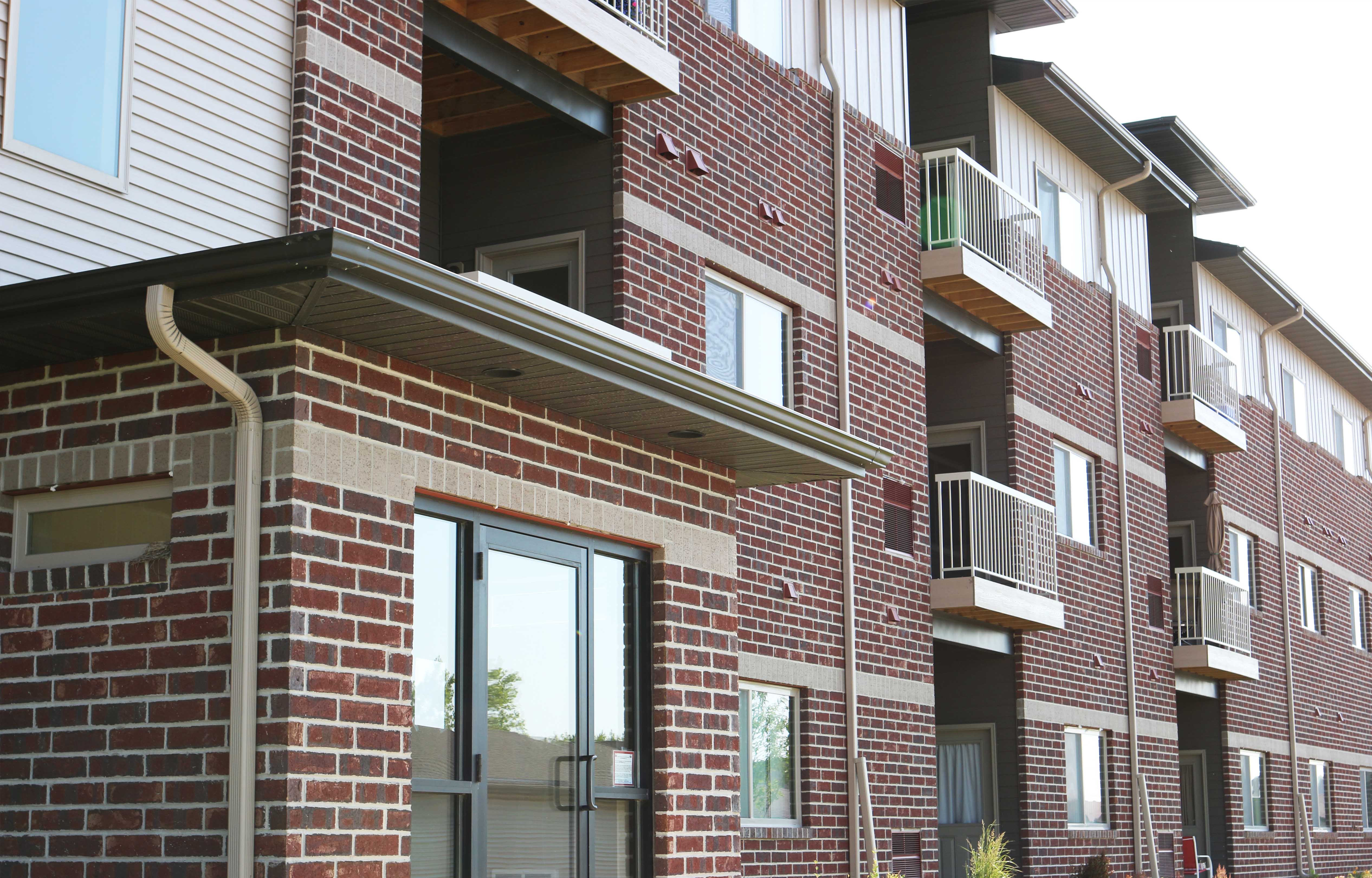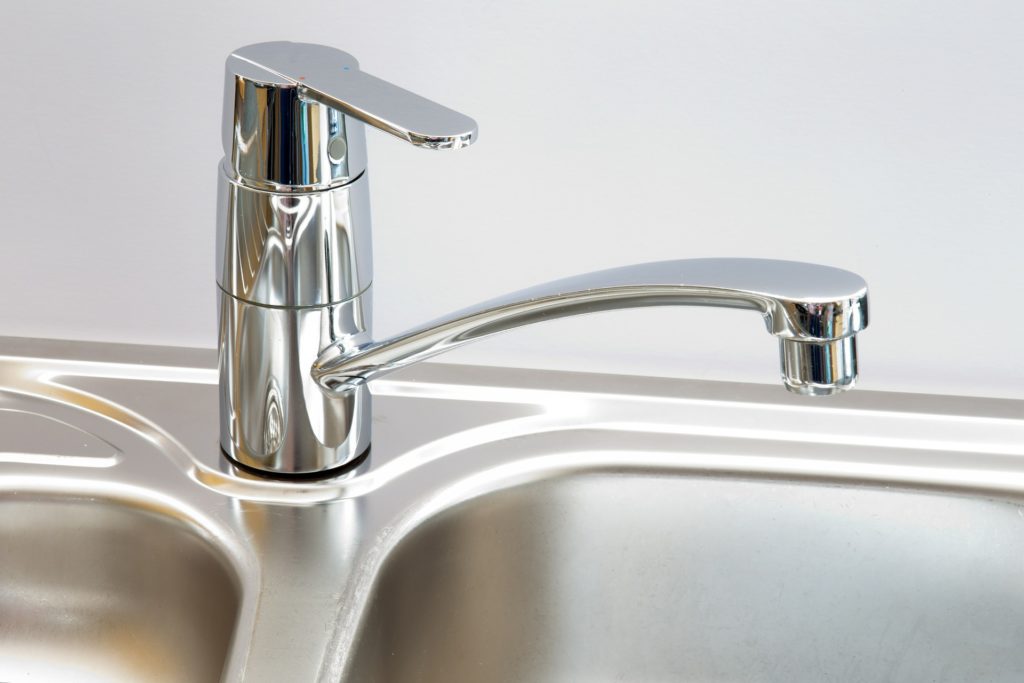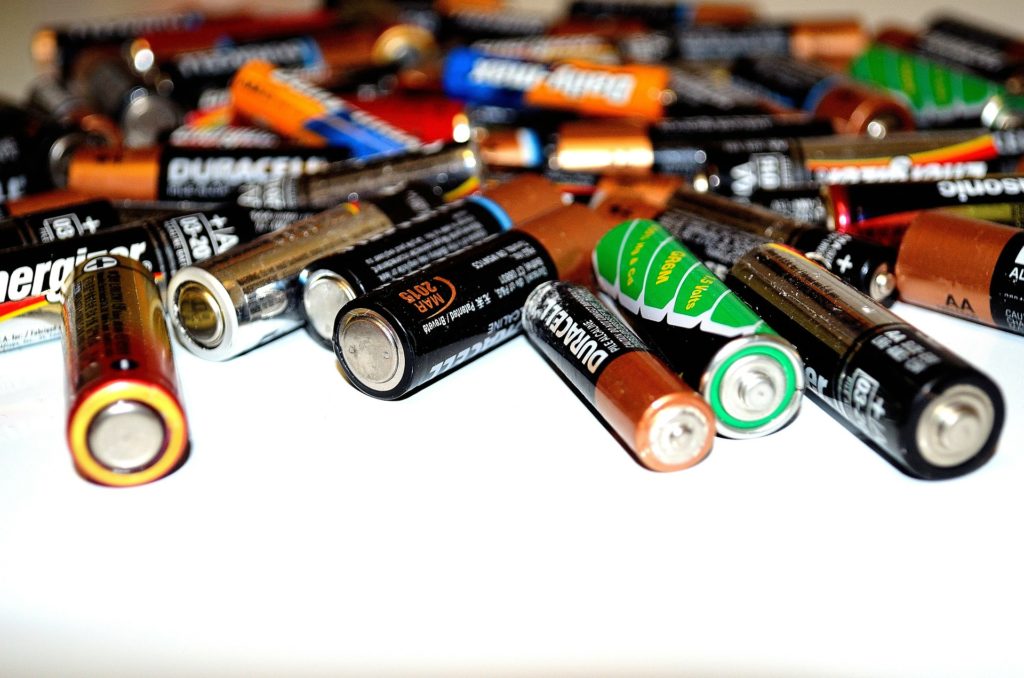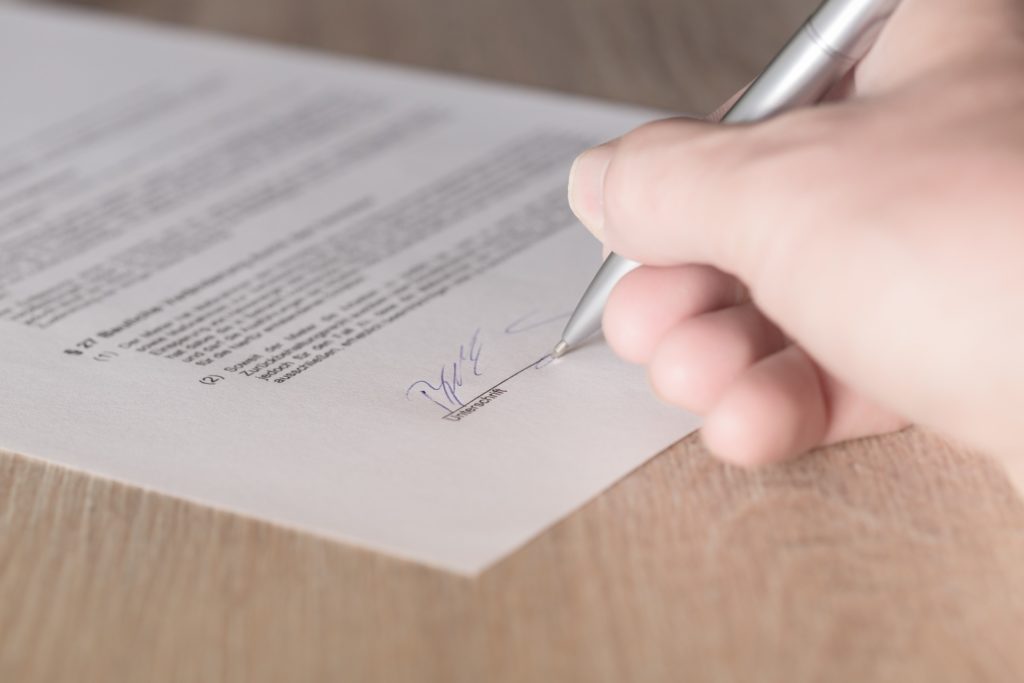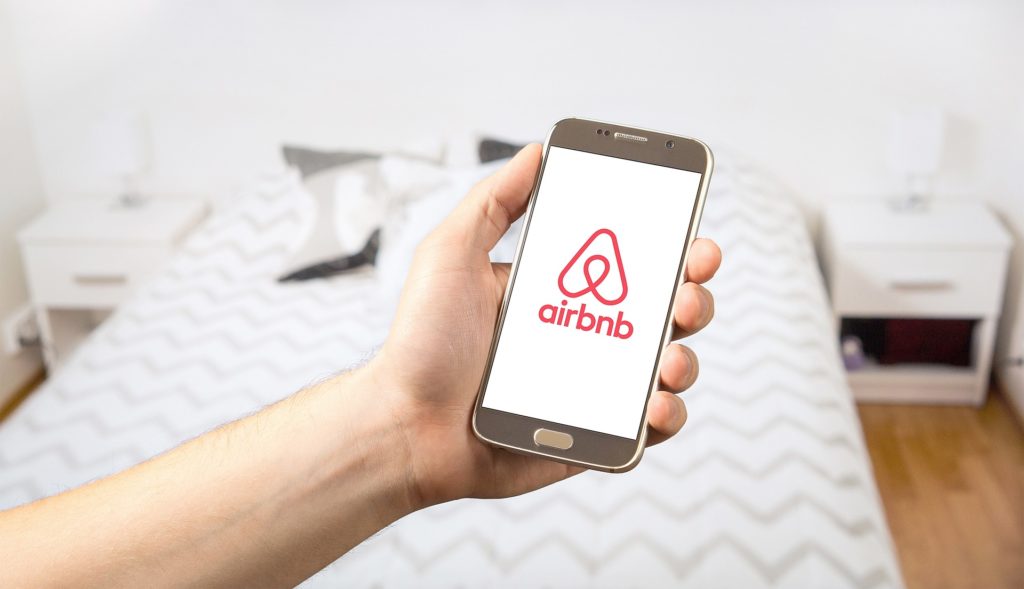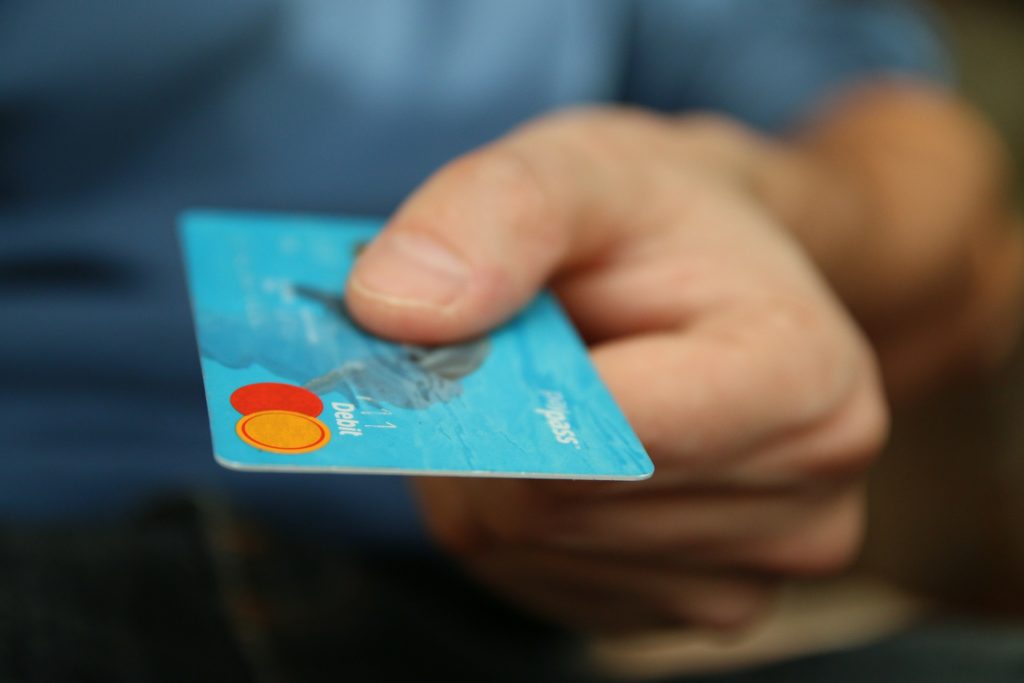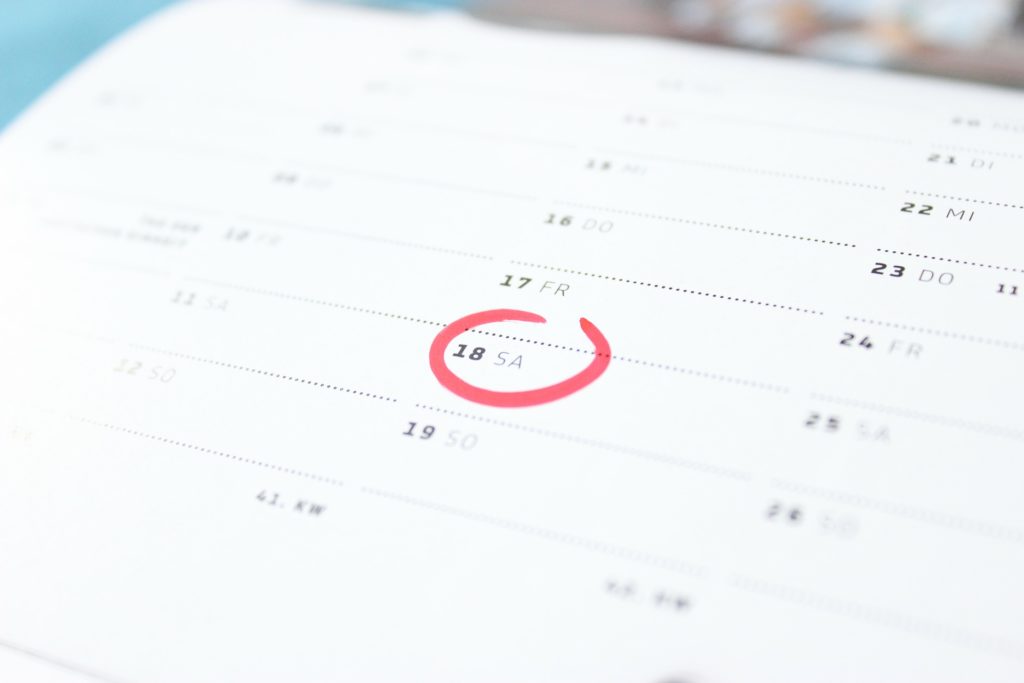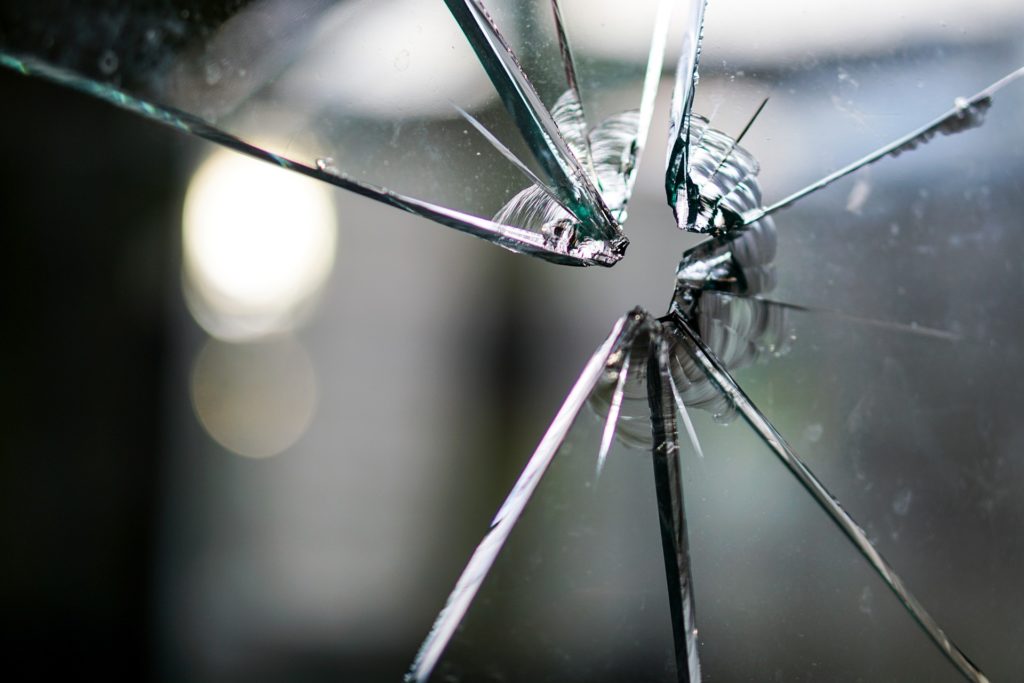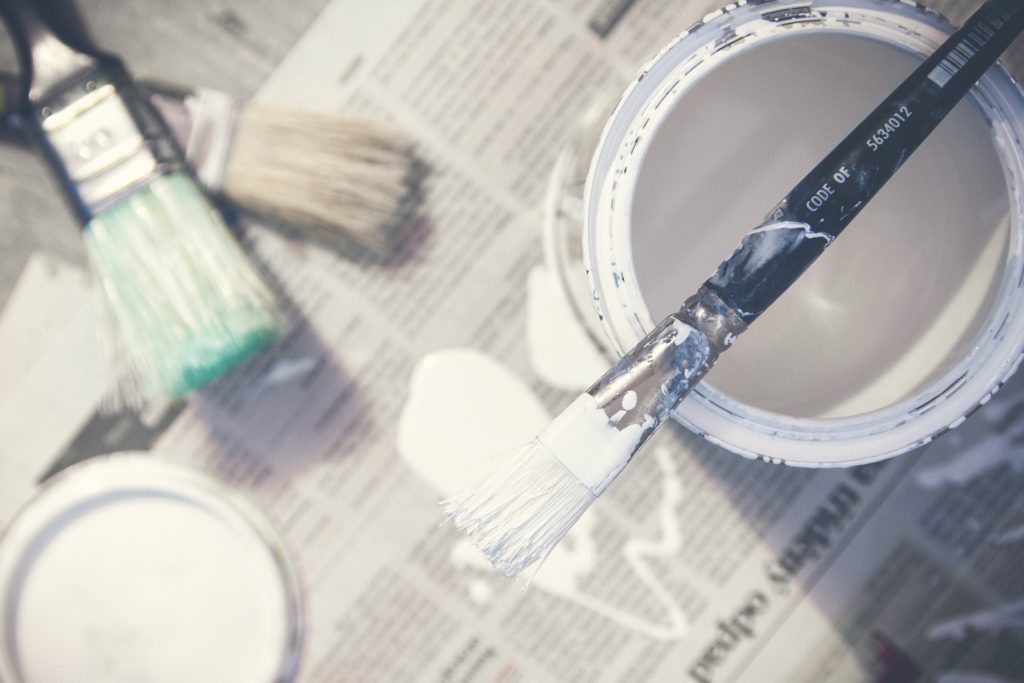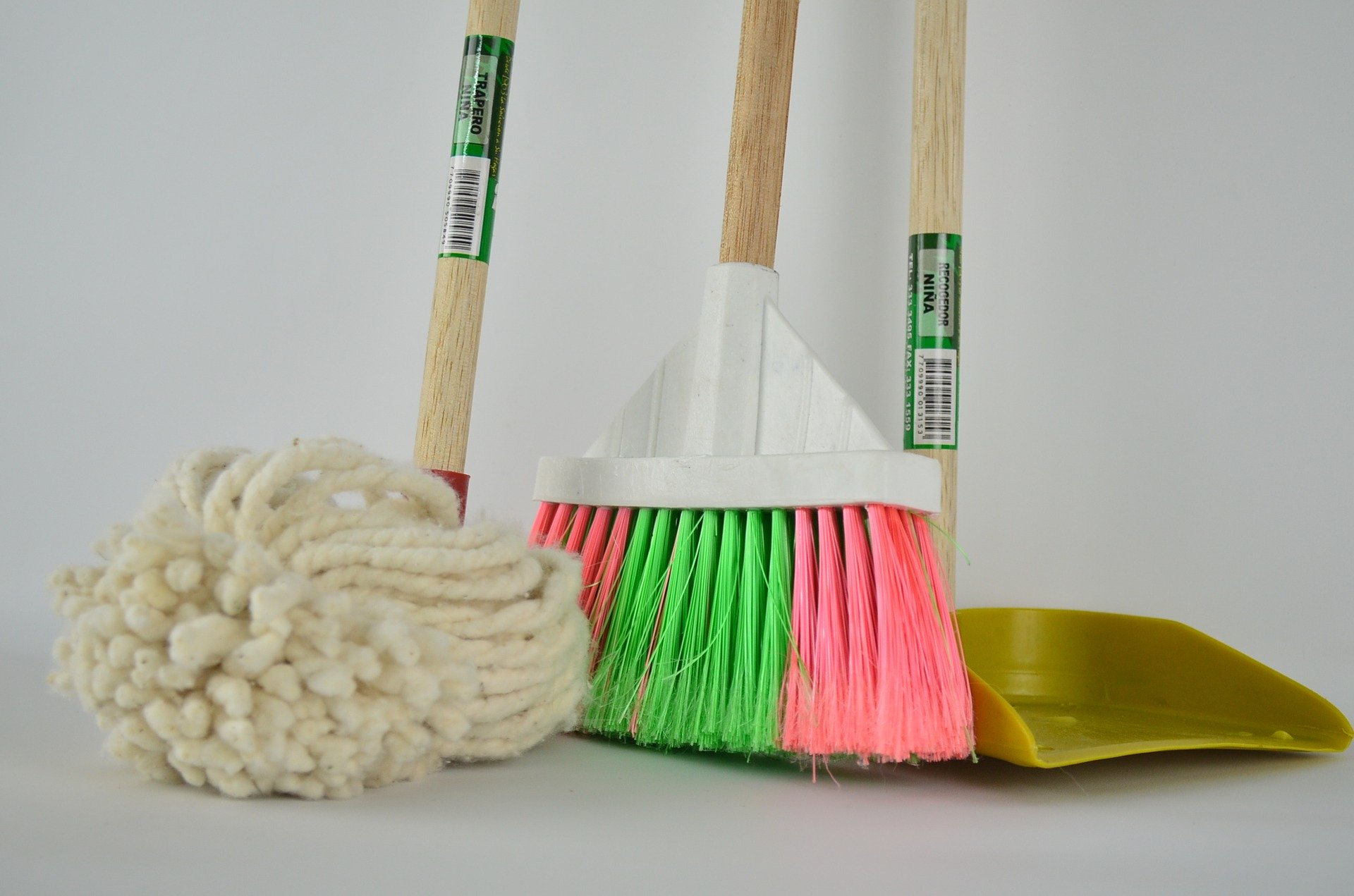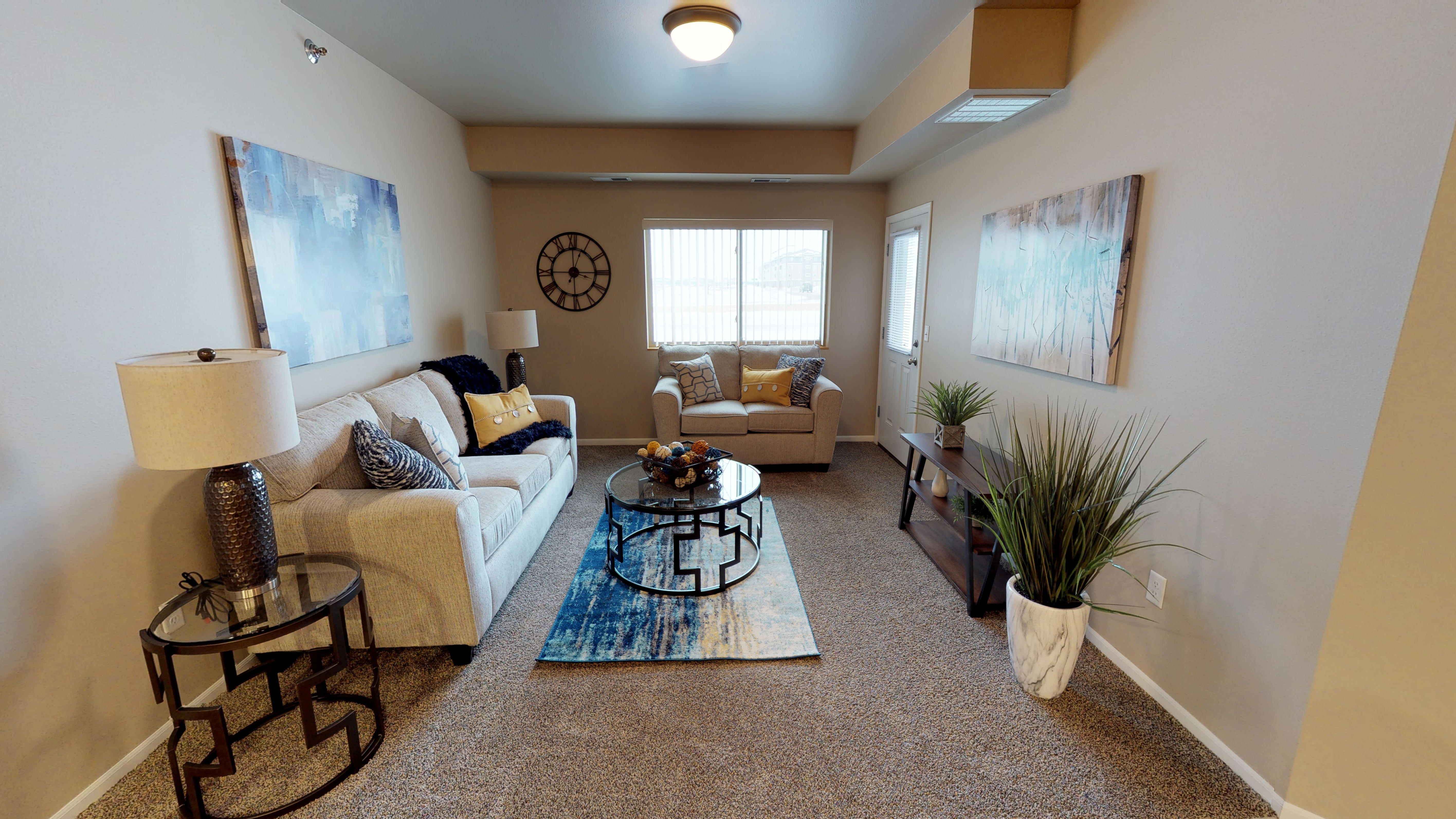Winter Guide: 9 Tips You Should Know
As the temperatures get more frigid and the snow falls, it is important to keep a couple of things in mind when preparing for the season.
Change your furnace filter
Furnace filters should be changed on a monthly or bi-monthly basis especially if you live in a newer home. If you’re furnace filter gets dirty, it will not heat your unit properly. For instructions on how to change your furnace filter, visit our FAQs page.
Clear snow from garage door area
It is important to keep your garage door area clear of snow and ice. If snow or ice is present, it could cause your garage door to stick and stop it from opening. If you garage door does freeze to the ground, it could ruin the rubber weather stripping that is along the bottom of your garage door.
Shovel 2 feet out from your garage door
If you live at a property that includes snow removal, be sure to shovel the 2 feet in front of your garage door. The snow removers will not clear this area as it could cause damage to the building or your garage door.
Make sure all windows are closed tightly and correctly
Keep all the heat inside your home by making sure all your windows are closed. Check for other gaps, specifically under your entry doors, that could let in cold air around your apartment and seal those with a towel or door sweep.
Park your car in the garage
In order for snow plows to clear snow from the lots and parking spots, park your car in your garage as frequently as possible. This is important especially after a large snow fall.
Keep your heat on when you leave
Keep your heat on when you leave for a weekend or for vacation. If your heat is turned off, it could cause a pipe to freeze and potentially burst. If you do leave and want to drop the temperature, set it between 60-68 degrees, it will still save you money and will prevent frozen pipes.
Use sand instead of salt
If you live at a property that was built in the last year or two, it is important that you use sand instead of salt on your driveway and walkways. Salt could cause the new concrete to weaken and cause damage.
Store patio furniture
Put all of your patio furniture away so that they don’t get damaged.
Insulate electrical outlets
Surprisingly, electrical outlets can let in cold air. To prevent them from doing so, purchase foam outlet insulators for each outlet.
Visit our FAQs page or our YouTube channel for more tips and tricks.
If you have any questions or are in need of maintenance, fill out a maintenance request or call our office at 701-356-3085. If you are in need of maintenance and it is an emergency, please call 866-955-2337.
